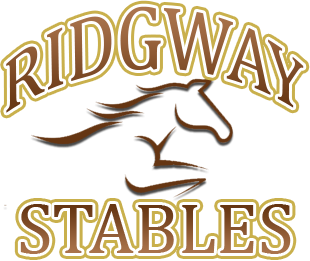Hassle-Free Wyoming Land Deals
In a state like Wyoming, where outdoor recreation is booming and public lands are in high demand, some of the most valuable assets people own are acres of dirt. And yet, the process of selling these parcels can be complicated, causing frustration for some property owners and creating obstacles for prospective buyers. Fortunately, there are ways to streamline the process and make the process as hassle-free as possible for everyone involved.
Many people sell their land in Wyoming for various reasons. Some are motivated by a desire to cash out, while others hope to sell in order to pursue other life goals. Whatever the reason, it’s important to understand the motivation behind these sales so that people can navigate the Wyoming real estate market more effectively.
For example, many people who want to sell their Hassle-Free Wyoming Land Deals are doing so because they no longer have a use for the property or they no longer live in the area. In these cases, selling to a “we buy land Wyoming” company can be a great option. These companies typically offer a fair price for the property and can close in a matter of days. The downside of this type of sale is that you won’t receive as much money as if you sold to a real estate agent.
Other people sell their land because they no longer have the time or energy to care for it. This is especially true for properties in remote locations that require a significant amount of maintenance. In these cases, it’s important to work with a company that can handle these types of properties and make the transaction as smooth as possible for all parties involved.
One of the biggest hurdles to a smooth transaction is an issue with ownership of federal lands. In the West, these lands are managed in trust by the federal government for the American people and include prized landscapes like the Red Desert and Greater Little Mountain region. However, a proposal from the Bureau of Land Management BLM to open 75,000 acres of these lands in western Wyoming to more recreational uses has caused some controversy. The proposal has also drawn criticism from conservative legislators who fear it will negatively impact grazing and recreation.
This is a common problem throughout the West, which is why some sportsmen’s groups like Backcountry Hunters and Anglers BHA are focusing on addressing gridlock through a process known as corner crossing. Hettick explains that this involves using an app like onX Hunt to find out who owns the land you’re planning to cross over.
This information can be helpful in planning a route to avoid private landowners and to plan your hunting or fishing trip accordingly. It’s also a good idea to always carry your GPS device and know the boundaries of your land so you can avoid accidentally entering another person’s property. This will help prevent unnecessary legal issues in the future.

